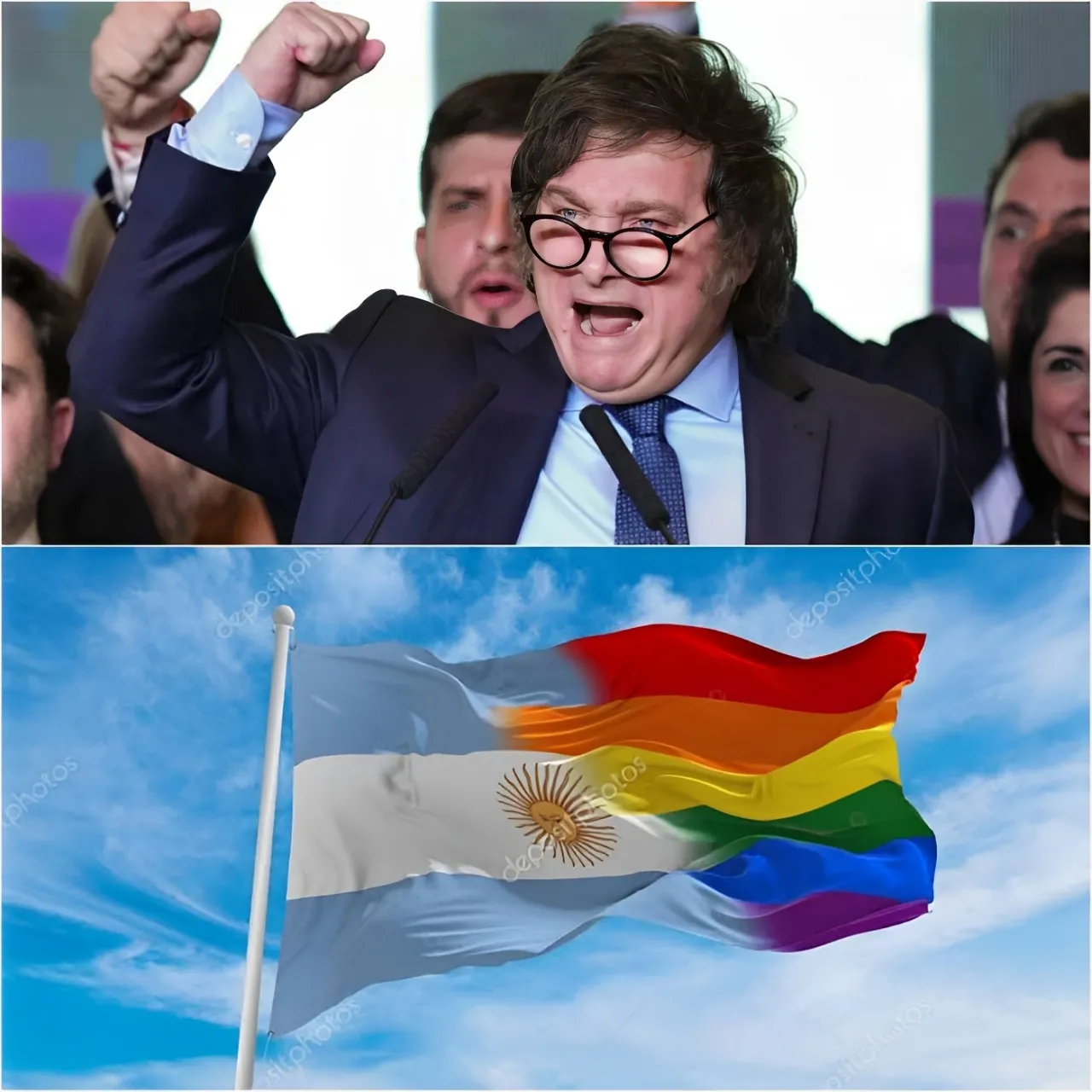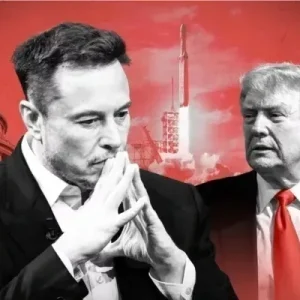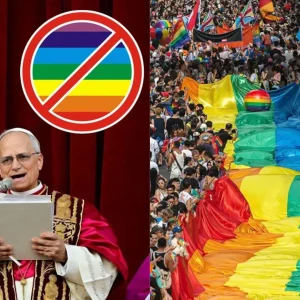In a controversial and polarizing move, Argentine President Javier Milei has issued an executive order banning gender transition treatments and surgeries for minors across the country. The decision, announced earlier today, has sparked an intense debate among human rights activists, medical professionals, and political figures, both domestically and internationally.

The Executive Order: What It Entails
The new policy prohibits medical interventions related to gender transition for individuals under the age of 18, including hormone therapies, puberty blockers, and gender-affirming surgeries. According to government officials, the measure aims to protect minors from making irreversible medical decisions at an early age.
President Milei, known for his right-libertarian stance, defended the ban by stating:
“Children should not be subjected to life-altering procedures before they reach the age of maturity. We must ensure that these decisions are made with full cognitive development and personal responsibility.”
The decree aligns Argentina with other countries, such as the United Kingdom and several U.S. states, that have imposed restrictions on gender-affirming care for minors in recent years. However, it starkly contrasts with policies in nations like Canada and Spain, where such treatments remain legal and supported under public health systems.
Reactions from the Medical and Human Rights Communities
The ban has drawn sharp criticism from international human rights organizations, LGBTQ+ advocacy groups, and medical professionals. The World Professional Association for Transgender Health (WPATH) swiftly condemned the order, arguing that it contradicts established medical guidelines that recognize gender-affirming care as essential healthcare.
Dr. Laura Fernández, an Argentine endocrinologist specializing in gender-affirming treatments, expressed concern over the impact of the ban:
“This decision disregards scientific evidence and the voices of transgender youth. Blocking access to these treatments could lead to severe psychological distress, increased rates of anxiety, depression, and even suicide among affected individuals.”
On the other hand, supporters of the ban, including conservative politicians and religious organizations, praise the move as a step toward safeguarding children’s well-being. Juan Pablo Romero, a spokesperson for Argentina’s Catholic Church, stated:
“This is a victory for families who believe that childhood should be a time free from ideological influence. We support therapy and guidance for young people but oppose irreversible medical interventions before adulthood.”
Legal and Political Implications
The executive order is expected to face legal challenges from opposition parties and human rights groups. Critics argue that the measure violates Argentina’s constitutional protections regarding bodily autonomy and access to healthcare.
Senator María del Carmen Alarcón, a member of the left-wing opposition, has already vowed to challenge the ban in court, asserting:
“This is a direct attack on the rights of transgender youth. We will fight this decision with every legal tool available to ensure that medical care remains a personal choice, not a political decree.”
The political landscape in Argentina remains deeply divided, with Milei’s administration continuing to push conservative policies amid economic turmoil and widespread protests. This latest order adds another layer of controversy to his presidency, which has been marked by radical reforms and strong nationalist rhetoric.
International Response and Future Developments
Argentina’s decision has resonated beyond its borders, drawing reactions from global political leaders and organizations. Amnesty International released a statement condemning the ban, warning that it sets a dangerous precedent for Latin America. Meanwhile, conservative politicians in countries like Brazil and Chile have expressed support for Milei’s stance, signaling the possibility of similar legislative moves in the region.
As legal battles loom and protests intensify, the future of gender-affirming care for minors in Argentina remains uncertain. Whether this policy stands or is overturned by legal challenges, its impact on the country’s social and political landscape will be significant.
One thing is certain—President Milei’s decision has once again placed Argentina at the center of the global debate on gender identity, children’s rights, and the role of government in personal medical decisions.





